I can’t believe I am writing the end-of-month blog again. The pools are open, the kids are out of school, we all survived graduations, award ceremonies, and everything else.
This May we had four fantastic events. And I wish I could say we are heading for the lazy days of summer – but that’s not our style.
We are gearing up for our 3rd Annual Environmental Justice and Climate Protection Conference and I am super excited! We are putting the new Science for Georgia interns into a van and driving to the coast. In three years we’ve expanded our co-hosts to four, and our sponsors to ten. We now have a day and a half of amazing content. And we are able to offer travel stipends. It’s great to keep climbing! I hope you can join us in person or online for the conference of the year.
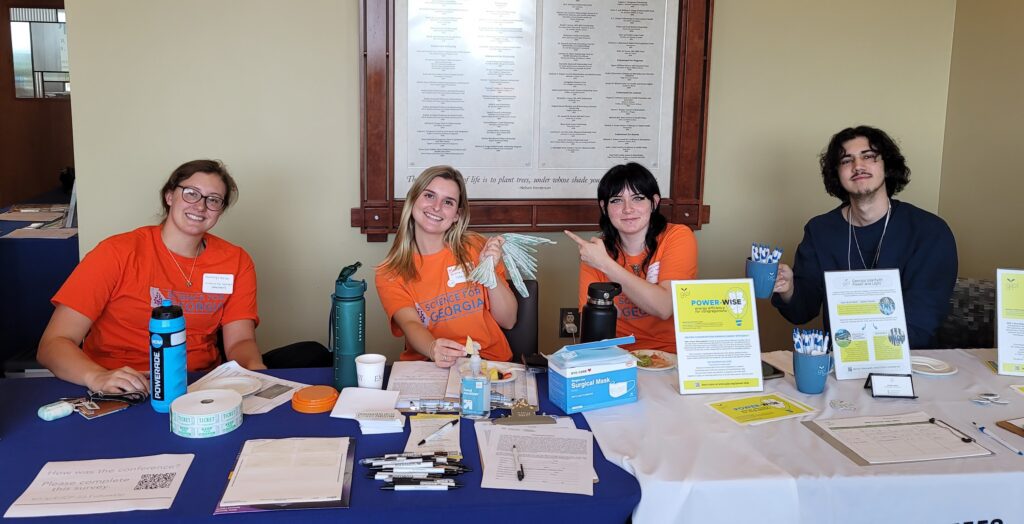
As a May recap:
We had another sold out Jazz Hands comedy special. This time in Athens. On May the Fourth. Han Solo joined us fresh off the Kessel run to confirm once and for all that he shot first. Huge thank you to our friends at Athens Science Café for helping to host such an amazing event.
Continuing our work in S. DeKalb we held water testing training with Adopt-a-Stream. Over fifteen volunteers attended and are now certified to test water. We look forward to putting their skills to work in and around S. DeKalb.
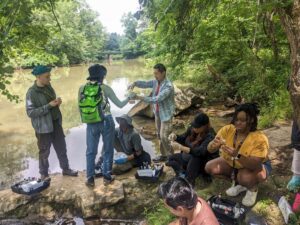
Jason Quinley helps unravel the complexity of Ranked Choice Voting at Georgia Science Tavern. Check out the video and some additional resources here: Georgia Votes: Current System vs. Ranked Choice – Science Lookup (scienceforgeorgia.org)
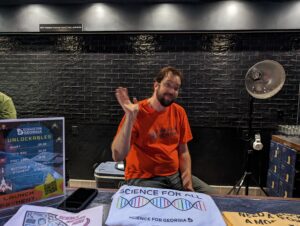
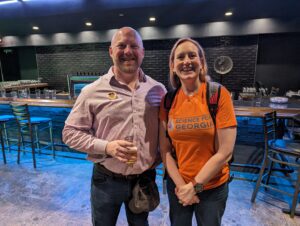
Finally, we had a great Climate Survival Training about starting your summer garden. A skill that our attendees can put to use right now while the weather is still tolerable.
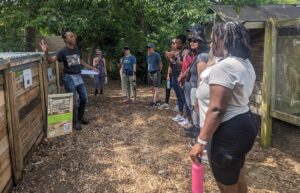
Thank you for all that you do to make Science Matter Here. Your support of Science for Georgia is invaluable. Every month I write this blog and am amazed.

